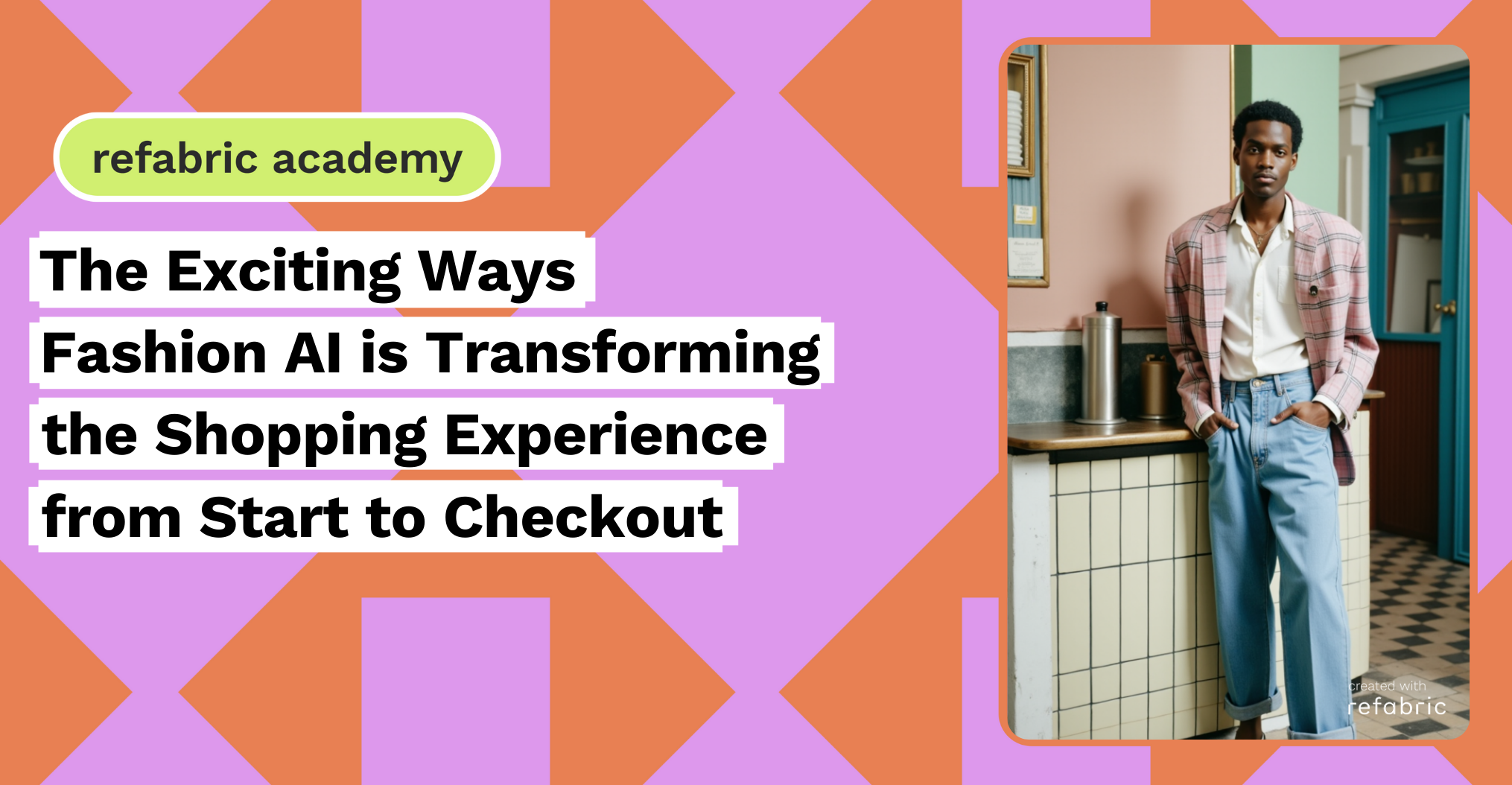In today’s highly competitive retail landscape, fashion AI is redefining how consumers discover, shop, and engage with fashion. From personalized product recommendations to predictive analytics and AI-driven styling tools, brands are increasingly using fashion AI to tailor every step of the shopping journey. This data-driven personalization is not only improving customer satisfaction but also boosting loyalty, conversions, and long-term retention.
Understanding Shoppers Through Data
At the heart of personalized retail is the ability to understand individual preferences and that’s where fashion AI truly excels. By analyzing vast datasets including browsing history, purchase behavior, social media interactions, and even local weather trends, fashion AI creates detailed customer profiles. These insights allow brands to anticipate needs, predict shopping patterns, and tailor offerings to each user.
Unlike traditional segmentation, which groups customers by demographics, AI allows for hyper-personalization. Each shopper’s experience becomes uniquely curated, transforming generic e-commerce platforms into dynamic, individualized storefronts.
Intelligent Product Recommendations
One of the most visible applications of fashion AI is its role in delivering intelligent product recommendations. Whether through an online store or a mobile app, AI-powered engines suggest items based on a customer’s past purchases, size preferences, style interests, and real-time behavior. These recommendations often appear on homepages, product pages, cart checkouts, and follow-up emails, ensuring the customer is continuously engaged with relevant products.
By showing shoppers what they’re most likely to love (and buy), fashion AI increases conversion rates and average order values. More importantly, it eliminates the frustration of endless scrolling, streamlining the path from product discovery to purchase.
Virtual Styling Assistants and Smart Fitting Rooms
Beyond recommending individual items, fashion AI is enhancing the experience through virtual styling assistants that act as personal shoppers. These digital tools use AI algorithms to assemble full looks based on user preferences, occasion, and seasonal trends. Some go a step further, suggesting accessories, shoes, or complementary colors to complete an outfit.
In physical stores, smart fitting rooms equipped with AI sensors and mirrors can recognize items customers bring in, suggest alternate sizes or colors, and even recommend coordinating pieces, all in real time. These technologies blur the line between digital and physical retail, offering a seamless and interactive experience.
Personalized Promotions and Offers
Fashion AI doesn’t just personalize what customers see, it also customizes how and when they see it. AI algorithms can determine the optimal time to send promotional emails or app notifications based on when a customer is most likely to engage. They can also dynamically adjust content and offers based on shopper behavior.
For example, a returning customer who frequently buys shoes may receive exclusive discounts on new footwear collections, while a new shopper might be incentivized with a first-time purchase offer. These targeted campaigns feel more like helpful suggestions than marketing pushes, increasing engagement and trust.
Enhancing Customer Retention
While acquiring customers is important, retaining them is where fashion AI truly proves its value. Personalized experiences increase customer satisfaction and foster brand loyalty. AI-powered retention strategies include follow-up communications tailored to each shopper’s activity, product replenishment reminders, birthday messages with exclusive perks, and loyalty rewards based on spending habits.
The Role of Fashion AI in Long-Term Growth
As personalization becomes an expectation rather than a luxury, brands that embrace fashion AI are setting themselves up for long-term success. The ability to offer tailored experiences at scale gives companies a powerful edge in customer satisfaction, differentiation, and revenue growth.
By integrating fashion AI from start to checkout, retailers can build deeper connections with shoppers, delivering value beyond the transaction. The result is a seamless, intelligent, and highly engaging shopping journey that keeps customers coming back, not just for products, but for experiences crafted just for them.
In this new era of fashion retail, data-driven personalization isn’t just a competitive advantage, it’s the future. And with fashion AI at the helm, that future is already unfolding.
